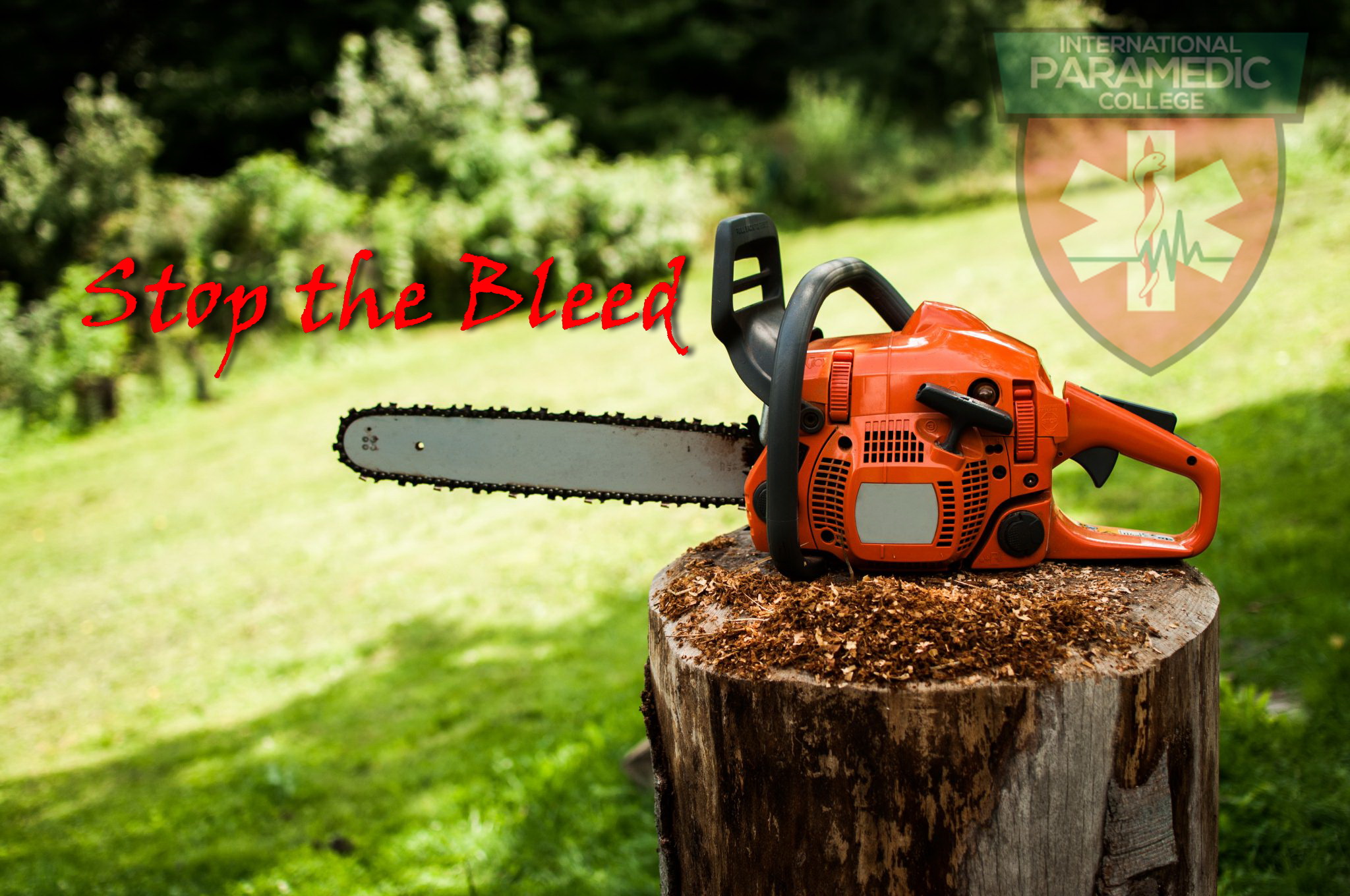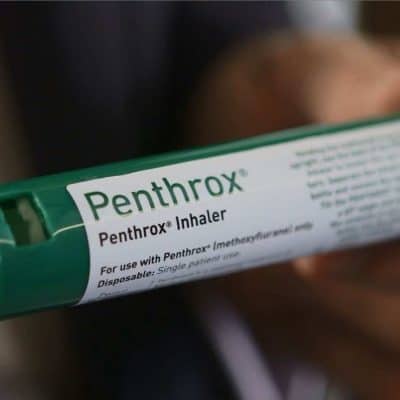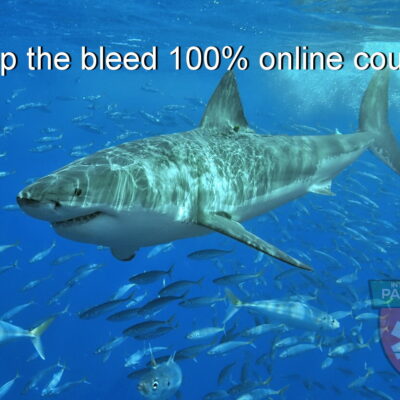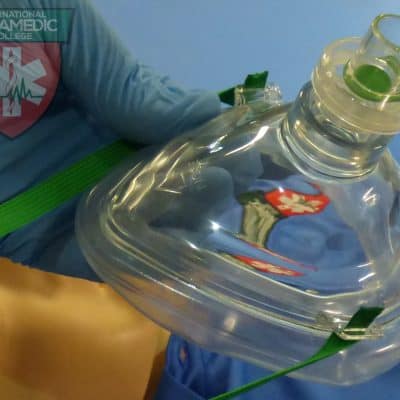
The Emergency Law blog of Michael Eburn is something I recommend to all our Australian students as a great source of legal information for emergency care providers,first responders, childcare workers and first aiders.
Like the problems often attributed to self diagnosis trends using “Dr Google” This article on CPR Success is important as makes what i think is an important point about the artificial expectations that TV may create, and how those expectations could lead to feelings of guilt in the first aider and families etc, that not all was done that could have been.
He goes on to remind first aid instructors to communicate the reality of CPR success to their students, to ensure they make informed decisions and appropriate emotional responses and don’t rely on misinformation from TV.
Further he says that CPR training should give information on success rates so people can feel confident to have a go, that doing something is better than nothing and they should not have unrealistic expectations of CPR.
These are important points in managing an often traumatised aftermath in cardiac arrests for the general public,first aid responders and paramedics.
A recent study to investigate regional variation in the characteristics, incidence and outcomes of out-of-hospital cardiac arrest (OHCA) in Australia and New Zealand found bystander CPR was commenced in 41% of cases and 28% of these cases survived the event and 12% survived to hospital discharge.(1)
Bystander CPR is a crucial component of the ‘chain of survival’; patients who receive bystander CPR are more than two times more likely to survive than those who do not receive bystander CPR.
You can learn CPR easily in a few hours, learn to break down the barriers that stop you from starting CPR, not just the mechanics of a process.
You can book our local CPR courses which explain how to use an Automated External Defibrillator (AED) online 24 hours a day.
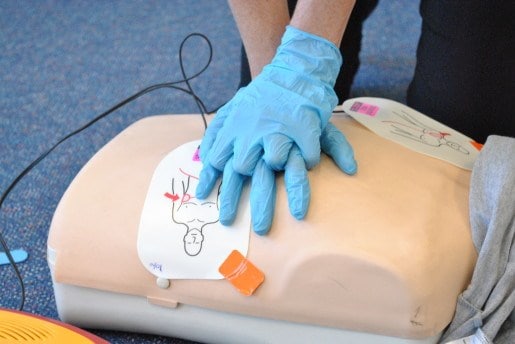
References:
-
Regional variation in the characteristics, incidence and outcomes of out-of-hospital cardiac arrest in Australia and New Zealand: Results from the Aus-ROC Epistry Beck, Ben et al.Resuscitation , Volume 126 , 49 – 57
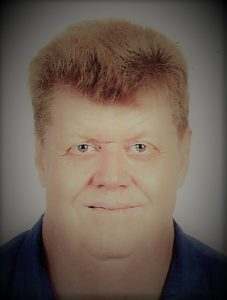
Craig Nolan is an educator and manager with overall responsibility for the implementation of the International Paramedic College Group’s training, strategy, initiatives and expansion. Craig is a former Intensive Care Paramedic and Educator with The Ambulance Service of NSW and he is an active Committee member of Paramedics Australasia, the peak body for Paramedics in Australia and New Zealand.



